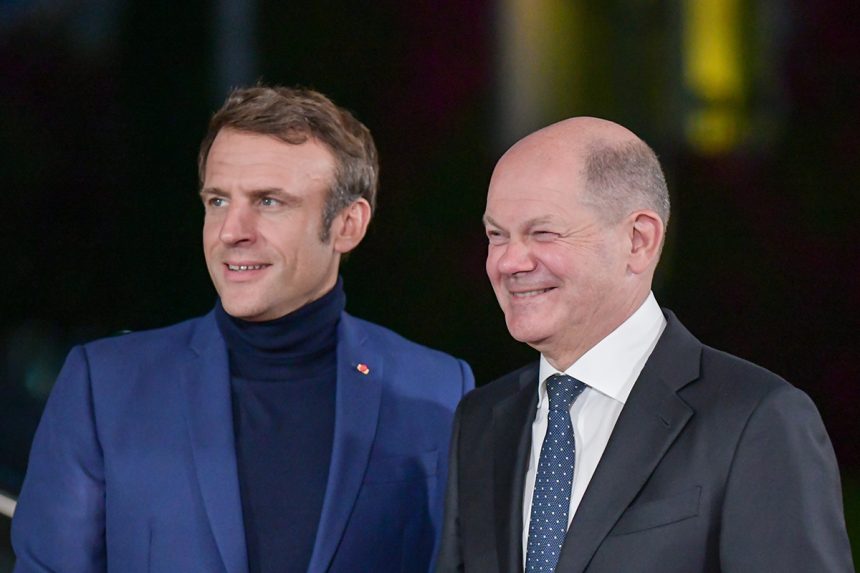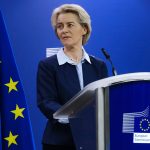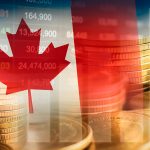In Paris, Emmanuel Macron and Olaf Scholz held discussions to strengthen European unity in light of possible U.S. tariffs imposed by President Donald Trump. Acknowledging the economic challenges Europe is already facing, the French President and the German Chancellor highlighted the necessity of coordinated measures to safeguard key industries and support the broader European economy.
Europe Confronts Trade Tensions
Trump has signaled his intent to impose tariffs on Europe, citing trade imbalances as a justification. His administration has previously taken similar steps against Canada, Mexico, and China, leveraging tariff threats as a tool in economic negotiations. The European Union, which maintains a significant trade surplus with the U.S., now faces the risk of steep duties on critical industries, including steel, automobiles, and chemicals.
Macron and Scholz emphasized that Europe, with its 450 million citizens, remains a major economic power that must not be intimidated by external pressure. Macron, a long-time proponent of European self-reliance, reaffirmed the necessity of a sovereign and independent Europe in the face of shifting global dynamics.
Economic and Political Stakes for Europe
For European nations, the prospect of a trade war comes at a time of heightened economic strain. Rising energy costs due to the ongoing war in Ukraine, coupled with declining trade volumes with China, have already weakened the economic outlook. An escalation with the U.S. could add further instability, particularly for export-driven economies that rely heavily on American markets.
European leaders recognize that negotiations with Trump are likely to be transactional in nature. Some analysts suggest that his tariff threats serve as a bargaining tool rather than a definitive policy direction. However, concerns persist that a stronger mandate and greater political support in Congress could embolden him to take more aggressive actions.
Franco-German Relations Under Pressure
Despite their show of unity in Paris, both Macron and Scholz face domestic political challenges that could weaken their ability to lead Europe’s response. Macron, who has seen his government undergo multiple leadership changes in 2024, has struggled to maintain political stability following last year’s snap elections. Meanwhile, Scholz faces declining public support ahead of Germany’s upcoming elections, trailing behind his conservative rivals.
Their political vulnerabilities have contributed to delays in EU decision-making, leaving European institutions struggling to fill the leadership void. The Franco-German partnership, traditionally a driving force in European policymaking, has been strained by differing views on economic strategy. While German leaders favor pursuing a free trade agreement with the U.S., France remains adamant that Europe must resist economic coercion and, if necessary, implement countermeasures against any imposed tariffs.
The Path Forward for Europe
With tensions rising, calls for stronger Franco-German coordination have grown louder. European officials stress that the EU’s ability to navigate this economic standoff depends on a unified and decisive response. As negotiations with the U.S. evolve, the strength of European leadership will be tested, determining whether the continent can protect its industries and maintain economic stability in an increasingly volatile global trade environment.





